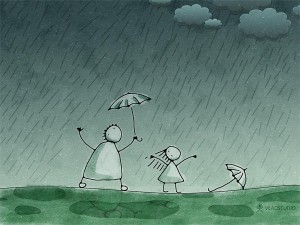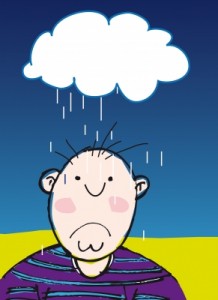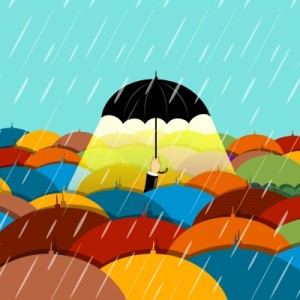Why do I do this to myself?

image courtesy of layoutsparks.com
When I was in New Zealand training for the second women’s team going to the World Ultimate Club Championships in Perth, Australia, we arranged several “training camps” for the members of all our teams (we had five: a men’s, two women’s, a master’s, and a co-rec squad) to actually play together. We had folks from all over the country, both North and South Island, who had no regular opportunity to do so before the tournament. The folks in Christchurch, or Wellington, or Auckland, knew each other pretty well; but the teams were a geographical hodgepodge. Some things we could do remotely, such as logistics and brainstorming plays. But team chemistry really means training and playing together.
And the weather was not cooperating.
The second camp, in Wellington in the winter, was a three-day event. Our time was limited. We didn’t have the option of re-scheduling. Scheduling the original dates had been hard enough. Those of us from out of town flew in on cheap Air NZ flights, and those from Welly hosted all of us — sometimes up to four or five guests — on floors and couches. Together, we contemplated our miserable luck with the weather.
It wasn’t just a little drizzle. This was a decisive, stay-put type of rain. It rained all night before the start of camp, and it was still raining the following morning. The fields were soaked. Nobody wanted to get out of the car, which was where we changed into our cleats, wincing internally about the instant we had to set foot on the saturated ground.

picture courtesy of freedigitalphotos.net
One of my teammates was a kindergarten teacher in Christchurch. She was cheery at all times, something that appears to be a constitutional requirement of pre-K and grammar school teachers everywhere. As we huddled together in the cold and wet before warmup, she told us about a song she made her moody students sing when faced with nasty weather. “I like the rain,” she said, in a happy sing-song. “I like the rain. One, two, three, four…. I like the rain!”
I felt like the Grinch Who Stole Christmas, but I kept my mouth shut — until we started our warmups. Up and down and around the fields as we moved more quickly, high stepping and doing cariocas, we chanted as a unit, getting louder as we went. Squish, squish, went our feet, our shoes entirely soaked and our socks as well, sending up sprays of mud onto ourselves and anyone running close by. The rain wet our hair and seeped through our clothes. “I like the rain,” we sang, then shouted. “I like the rain! One, two, three, four! I like the rain!” Our ridiculous behavior did not go unnoticed by the other squads, warming up on adjacent fields. In response, we reacted like any good kindergartners would, prancing and throwing our arms in the air, hamming it up for the crowd.
And a remarkable thing happened. By the time we reconfigured to start drilling our plays, we actually did like the rain.
Strength in numbers.
Some things, we really can’t change. We don’t have any control over traffic lights, if we don’t work in the city department that programs them; we can’t control whether our kids don’t feel well today or whether the grocery store has run out of the most inexpensive brand of butter, or whether our boss is in a lousy mood. Some of us have no control over the heat in our building; and we can’t control the weather. The only thing we have any say over, really, is how we relate to these things. But here’s the dirty secret: relating is contagious.
It’s a good thing, too. Because I’ve chosen to run in the mud again.

image courtesy of freedigitalphotos.net
In the next week, I start my first ever writing workshop. It means I’m going — on purpose — to share my work, and not just some finished product, but the bones of my work. It’s a prospect both thrilling and horrifying.
The beauty as well as the yuck of writing is that it requires sinking into my own head. Sometimes it’s glorious, and sometimes the field is soggy and I don’t even want to step out onto it because I know I’ll have wet feet for the next several hours. It’s cold, and my socks will get ruined.
I just need to remember, I’m not alone out there.
Strength in numbers.
One, two, three, four….
I like the rain.




